
Home
Engagement
Wages are for Living
Susan Adams speaks about the importance of the Living Wage Movement

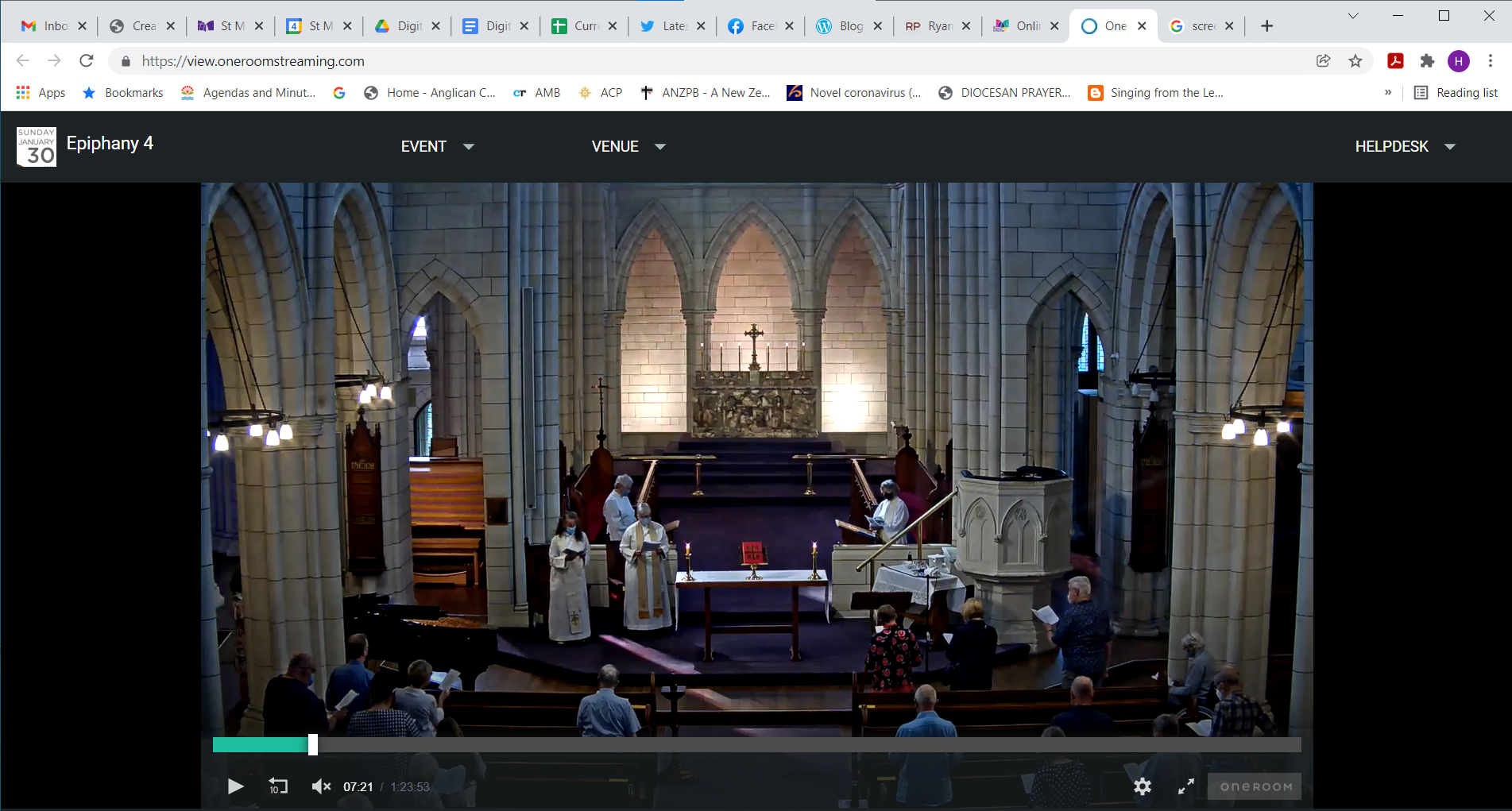
Hybrid worship
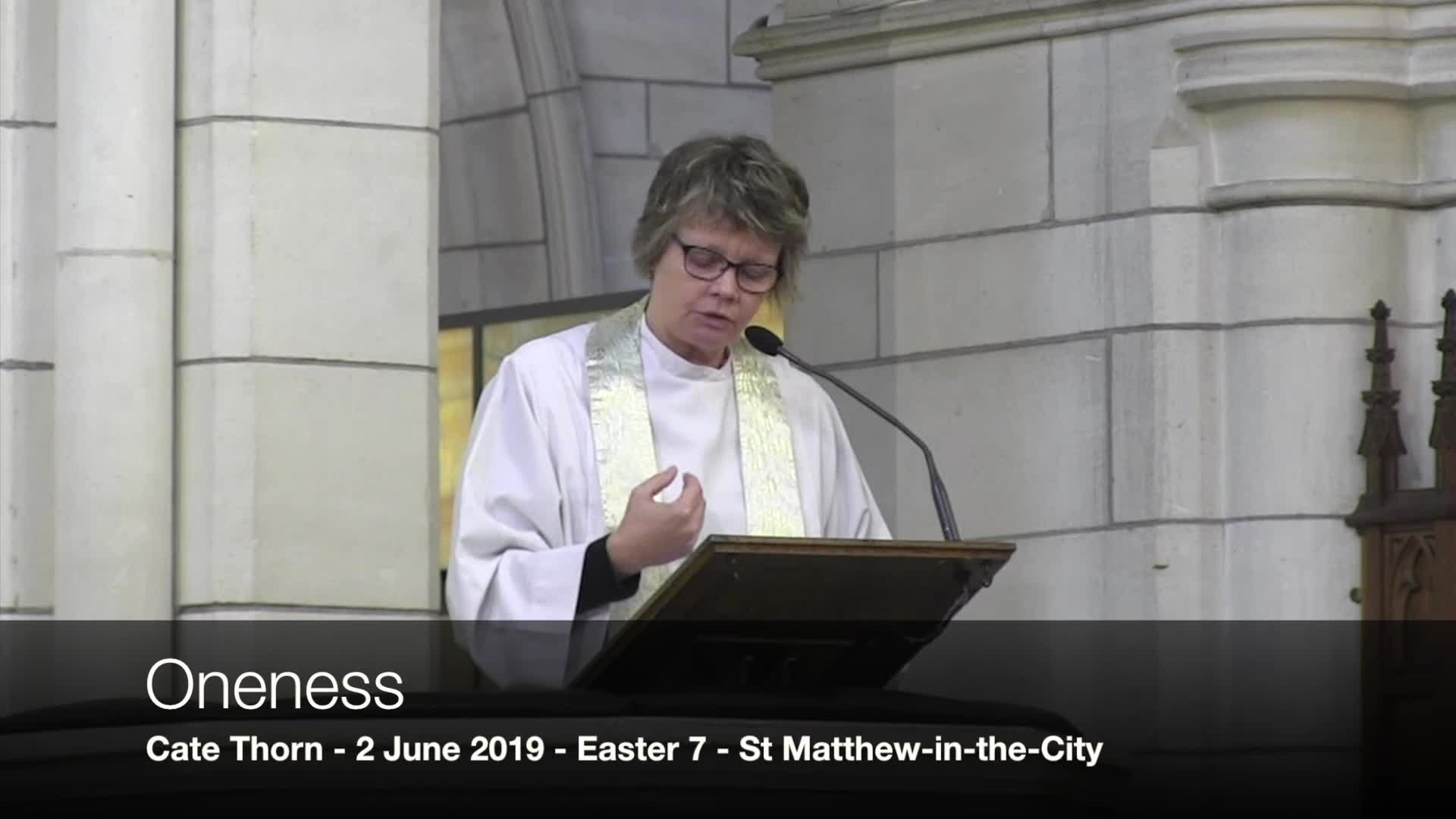
Oneness
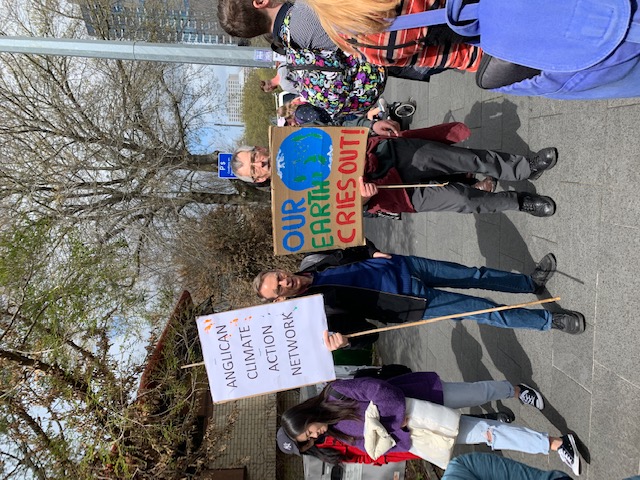
Climate Crisis Statement
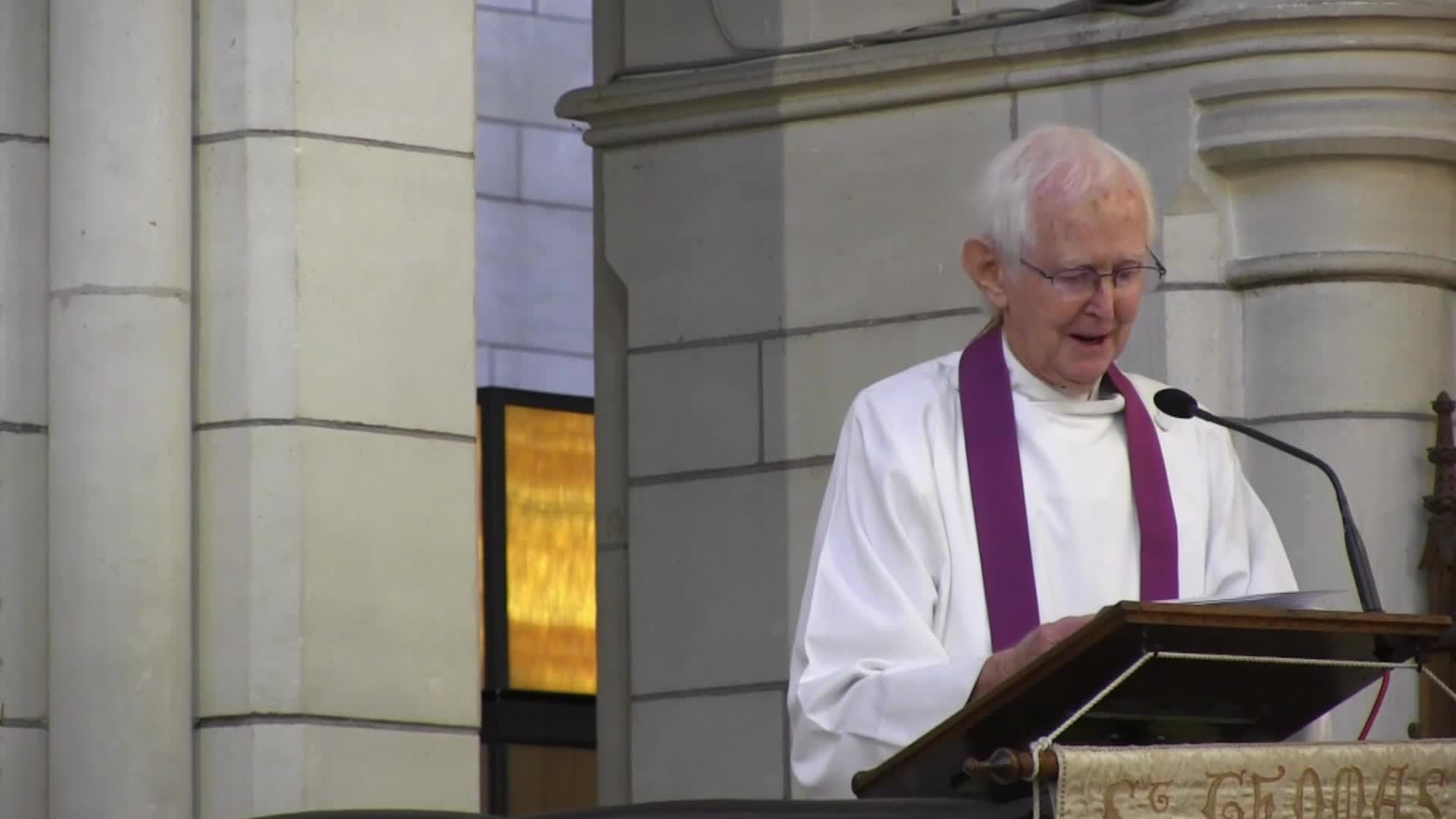
Being a prophet
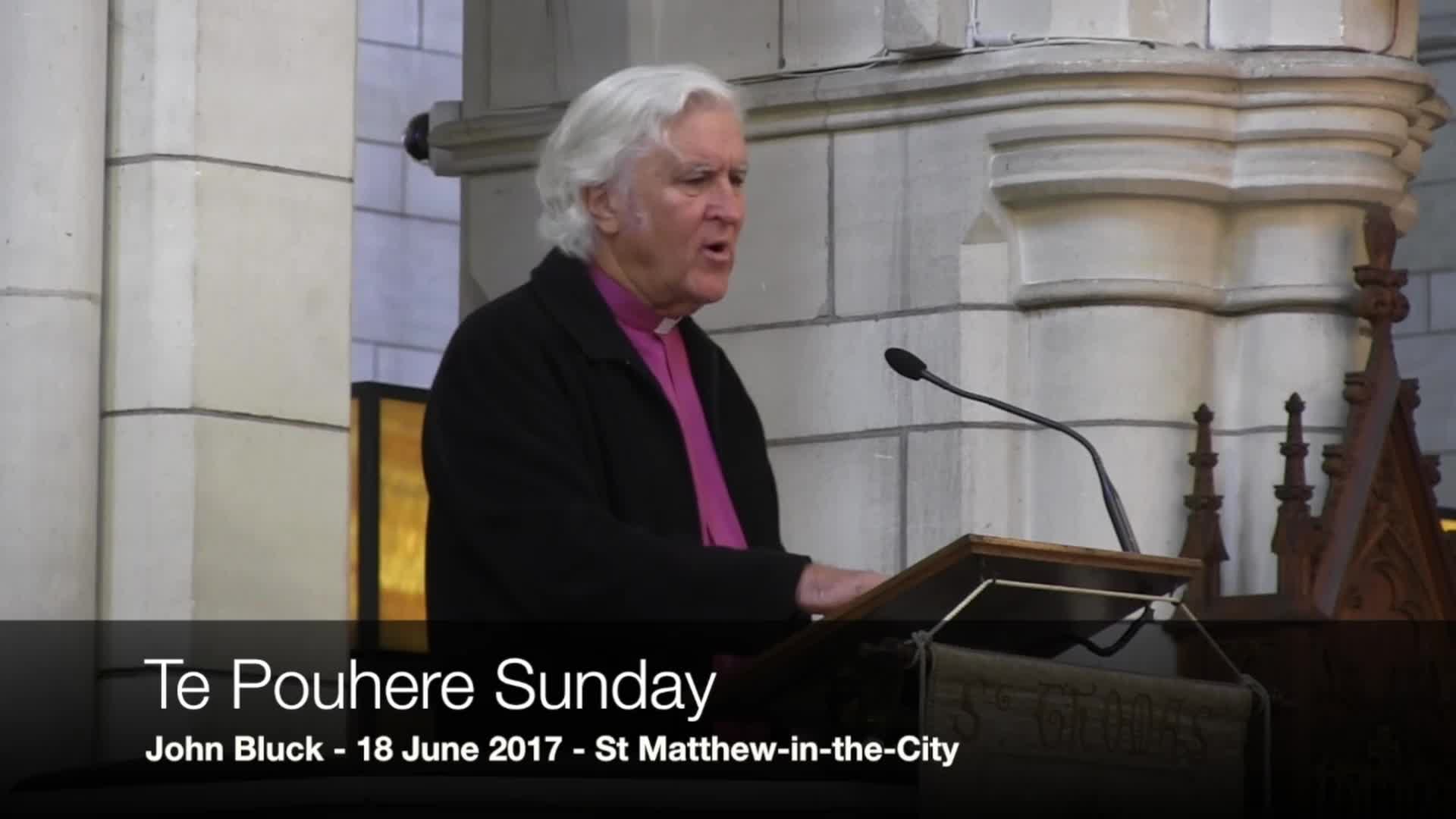
Te Pouhere

Care of creation

Pentecost

A day in the life of the Auckland City Mission
